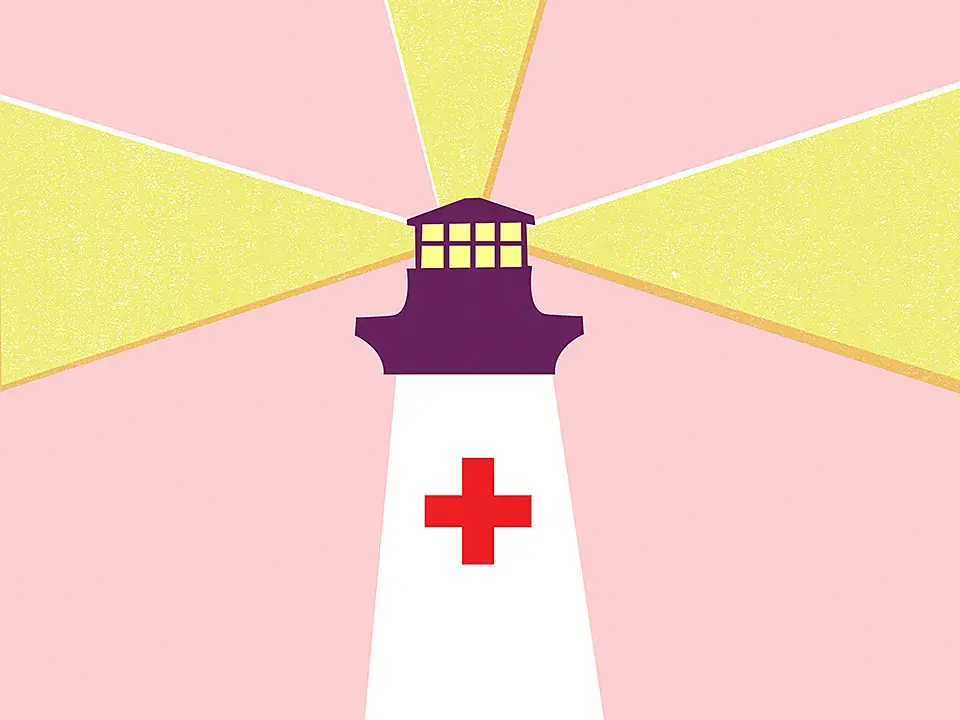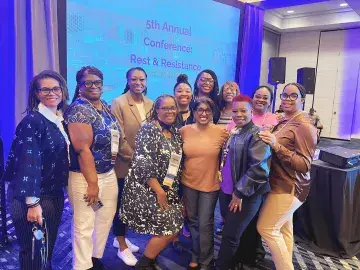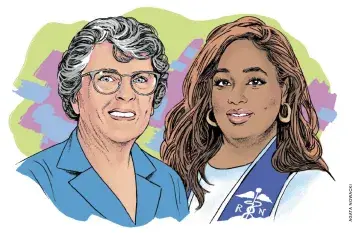How Do We Recover from Covid's Mental Health Toll

To no one’s surprise, people’s mental health dramatically declined in 2020 because of the COVID-19 pandemic. In fact, an additional 129 million documented cases of depression and anxiety were reported in 2020, according to a worldwide survey by The Lancet medical journal.
The distress continued in 2021, with studies showing depressive symptoms in U.S. adults increased during the pandemic.
The trend drove mental health to the fore in the U.S. media and sparked a national conversation. Publicly, four-time Olympic champion Simone Biles withdrew from some events during the 2020 Summer Olympics and courageously prioritized her mental self-care over her drive for medals.
But you don’t have to be an Olympian to feel the strain of the times. I’ve noticed more people taking time to tend to their mental health in my roles at SMU as assistant professor and lead restorative counselor and coordinator for various student, faculty, and staff diversity initiatives. Individuals are taking retirement, changing jobs, shifting roles, taking sabbaticals, and extending PTO after feeling forms of burnout. In people’s personal and professional lives, burnout often shows up as:
- Inter-personal communication and engagement issues resulting in inter-professional harm (defining harm as any disruption to the integrity of a working relationship)
- Generalized intensity and anxiety around work and productivity
- Re-evaluating behaviors one is willing and unwilling to tolerate, and
- Re-assessing what is most important
Some call this time the “Great Resignation.” I call it the “Great Re-Evaluation.” Largely in response to the pandemic, I created a curriculum called RePAIRTM (Restoring Personal Professional Accountability in Relationships) that utilizes one- on-one coaching, group process, mindfulness practices, and brave conversations to elevate our interconnectedness. One of RePAIR’s main teachings invites us to reframe how we C.A.R.E. for ourselves and each other with:
- Compassion—Recognizing that we are all handling the trauma of these times differently
- Advocacy—Expressing our needs clearly and directly
- Responsibility—Taking ownership of our mental self-care
- Empowerment—Feeling our strength to make necessary life changes
Let’s see what some of these look like in practice.
Compassion can mean encouraging everyone to take a silent “mindful minute” to center and ground prior to starting a meeting.
Advocacy can look like sharing with your loved ones when you are and are not available to talk/ text on the phone. Responsibility can mean recognizing when you feel overwhelmed and reaching out for (professional or emotional) support.
Empowerment can mean making a decision and following through on a new mental health practice like yoga or meditation.
Any and all of these practices can help restore the relationships with ourselves, each other, and society. Let’s move forward in solidarity by being kinder to ourselves and each other as we move toward collective resilience and healing.


